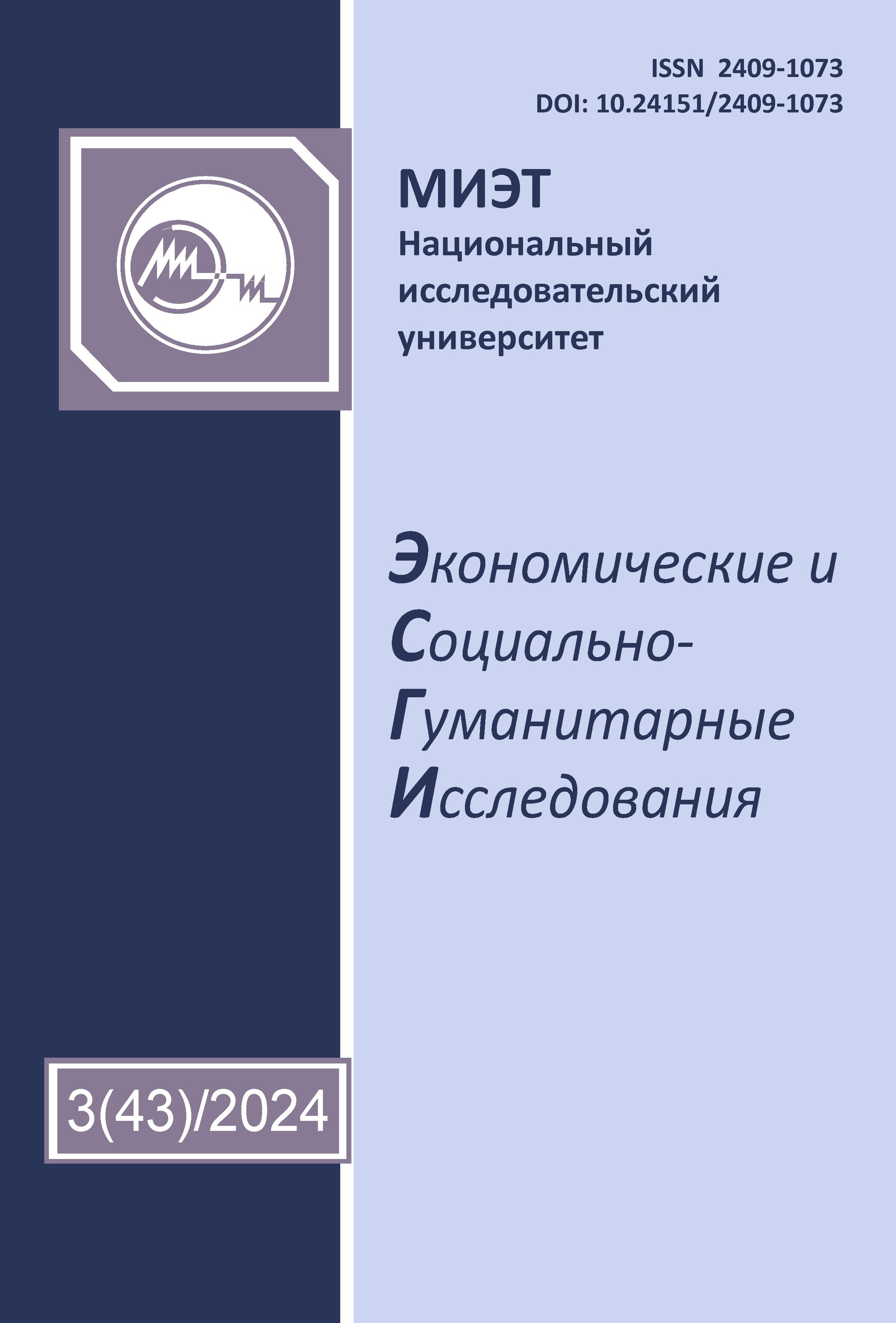employee
Russian Federation
employee
Russian Federation
The authors discuss the problem of organizing individualized and personalized teaching of foreign language speaking using the Twee neural network. The concepts of “individualization” and “personalization” are clarified, and differences in the ways of implementing individualized and personalized approaches in the educational process are identified. It is argued that despite some limitations, the Twee platform provides quite broad opportunities for generating and modifying texts for the implementation of individualization and personalization in foreign language lessons when teaching speaking at school, as well as for the formation of subject, personal and meta-subject educational results recorded in the Federal State Educational Standard for basic general education.
individualization, personalization, Twee neural network, teaching foreign language speaking, subject educational results, personal educational results, meta-subject educational results
1. Azimov E. G., Shchukin A. N. New Dictionary of Instructional Terms and Concepts (Theory and Practice of Language Teaching). Moscow: IKAR, 2009. 448 p. (In Russian).
2. Baranova K. M. et al. English. Grade 5: textbook for gen. educ. institutions and schools with adv. English learning. Moscow: Prosveshcheniye; Newbury: Express publ., 2013. 120, [64] p., color ill. (In Russian). Zvezdnyy angliyskiy. Starlight.
3. Mudrik A. V. Social Pedagogy: textbook for ped. univ. students. Ed. by V. A. Slastenin. 5th ed., upd. Moscow: “Akademiya” Publ., 2000. 200 p. (In Russian).
4. Petrovskiy A. V., Petrovskiy V. A. “Individual and His/Her Need to Be Personality”. Voprosy filosofii 3 (1982): 44—53. (In Russian).
5. Unt Inge E. Individualization and Differentiation of Learning. Moscow: Pedagogika, 1990. 190 p. (In Russian). OPN.







